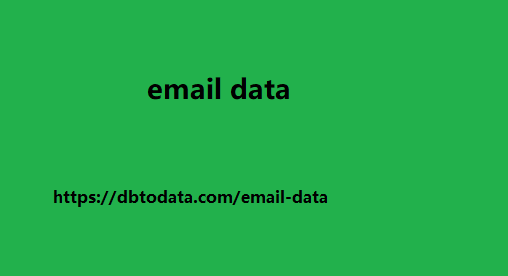Google Dataset Search is a powerful tool that enables users to discover publicly available datasets hosted across the web. Launched in 2018, it indexes datasets from various sources, such as government websites, academic institutions, and non-profit organizations, making it easier for researchers, data scientists, and policy analysts to access high-quality data. In this section, provide an overview of what Google Dataset Search is, its purpose, and its role in the broader landscape of open data and academic research.
Features and Functionality of Google Dataset Search
Google Dataset Search operates by indexing metadata from datasets across the web, allowing users to search for data using specific keywords, topics, or dataset descriptions. Explain the search functionalities of Google Dataset Search, including advanced search filters such as data type (e.g., CSV, JSON, XML), data usage rights, and accessibility (e.g., whether datasets are free or paid). Additionally, highlight the role of schema.org metadata in making datasets discoverable through this tool, and the importance of structured metadata for efficient data discovery.
Data Discovery and Access
In this section, describe how researchers can use Google Dataset Search to find and access datasets relevant to their fields of study. Outline the process for conducting a search on Google Dataset Search, from entering keywords to selecting iran email list relevant datasets. Discuss how search results are presented, including dataset descriptions, sources, and links to original repositories. Emphasize the advantages of using Google Dataset Search in terms of convenience, breadth of coverage, and the diversity of datasets available.
Data Quality and Relevance
While helps users locate a wide array of datasets, it’s important to assess the quality and relevance of the data found. Discuss how Google does not host the datasets but rather indexes metadata from external sites, which means users must evaluate the credibility and reliability of the sources themselves. Consider issues such as dataset completeness, timeliness, and accuracy. You could also explore how the search tool offers minimal filtering by metadata, which may lead to both useful and less-relevant results depending on the query.
Challenges and Limitations of Google Dataset Search
Despite its powerful search capabilities, has certain limitations. Discuss challenges such as the lack of direct integration with data analysis tools, the variability in metadata quality (since datasets 7 products and services you can sell if you have a blog that is read come from a range of sources with different standards), and the absence of comprehensive filtering features. Additionally, while indexes datasets globally, some datasets may be incomplete or not readily accessible due to licensing issues, access restrictions, or poor metadata quality.
Implications for Research and Future Developments
holds great potential for enhancing research by democratizing access to data across disciplines. In this section, discuss cg leads the implications of widespread access to datasets for academic research, data-driven decision-making, and policy analysis. Highlight the need for improvements in metadata standards, dataset interoperability, and the integration of advanced filtering tools. Look ahead to potential developments, such as greater collaboration with data repositories, and consider how emerging technologies like AI could improve data discovery and quality control in the future.


